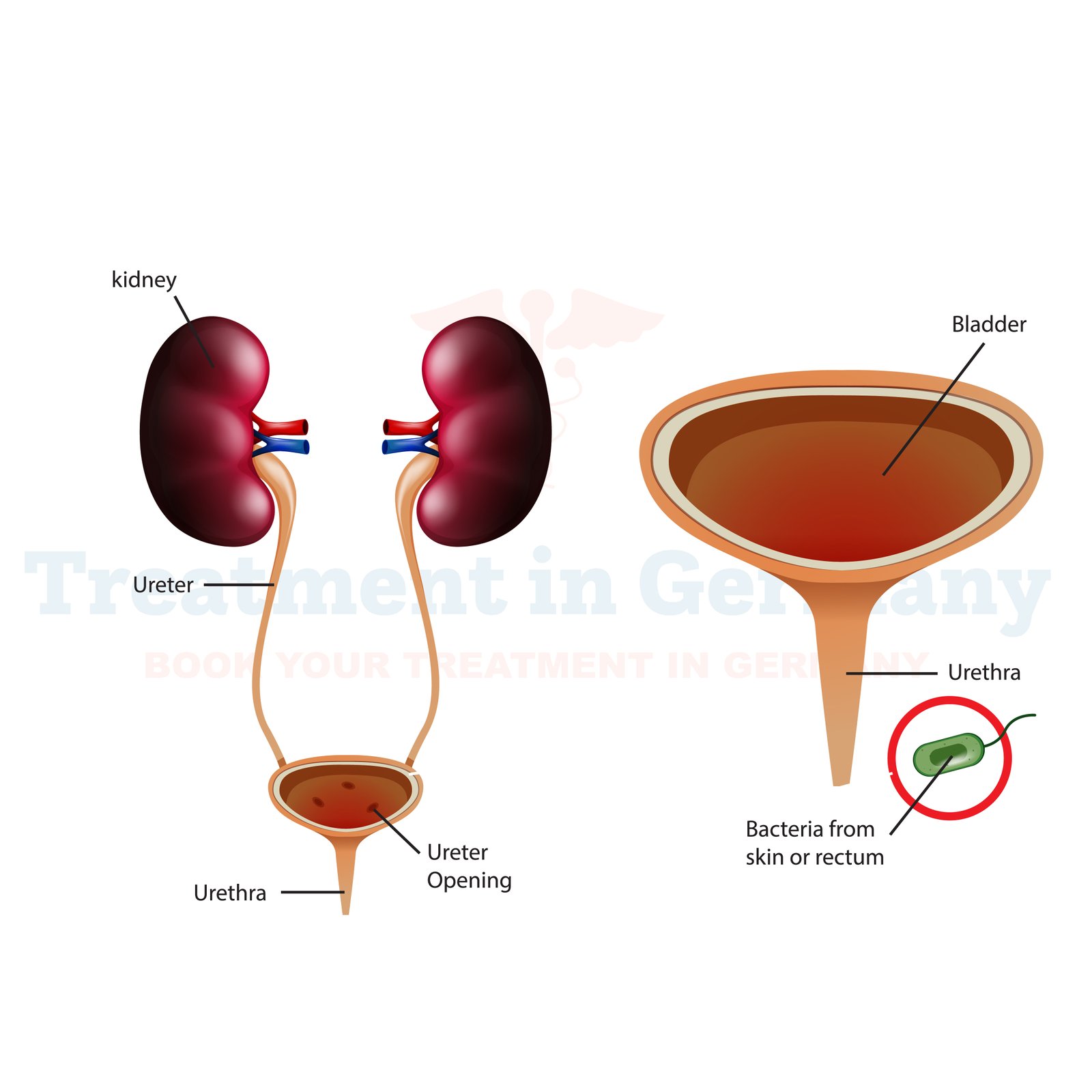What is Tubulointerstitial Nephritis?
Tubulointerstitial nephritis (TIN) refers to inflammation in the tubules and interstitium of the kidneys. This condition can result from various causes, including infections, medications, autoimmune diseases, and systemic conditions.
When left untreated, TIN can lead to kidney damage and impaired kidney function.
Side Effects of Tubulointerstitial Nephritis
The symptoms of Tubulointerstitial Nephritis can vary depending on the underlying cause and the severity of inflammation. Common symptoms may include:
- Decreased urine output: TIN can impair the kidneys' ability to filter waste products from the blood, leading to reduced urine production.
- Blood in urine (hematuria): Inflammation in the kidneys can cause blood vessels to leak blood into the urine.
- Protein in urine (proteinuria): Damage to the kidney tubules may result in the leakage of protein into the urine.
- Swelling (edema): Fluid retention can occur due to impaired kidney function, leading to swelling in the legs, ankles, or face.
- Fatigue: Kidney dysfunction can result in anemia, leading to fatigue and weakness.
How is Tubulointerstitial Nephritis Diagnosed?
Diagnosing Tubulointerstitial Nephritis typically involves a combination of medical history review, physical examination, and diagnostic tests, including:
- Blood tests: These may include tests to assess kidney function, such as serum creatinine and blood urea nitrogen (BUN) levels.
- Urinalysis: This test evaluates urine for the presence of blood, protein, and other abnormalities.
- Imaging tests: Imaging studies like ultrasound or CT scans may be used to assess the size and structure of the kidneys.
- Kidney biopsy: In some cases, a small sample of kidney tissue may be collected for microscopic examination to confirm the diagnosis and determine the underlying cause of inflammation.
Potential Treatments of Tubulointerstitial Nephritis
Treatment for TIN aims to address the underlying cause of inflammation and manage symptoms. Depending on the cause and severity of the condition, treatment options may include:
- Discontinuation of offending medications: If TIN is caused by medications, stopping the medication responsible for the inflammation may help improve kidney function.
- Antibiotics or antiviral medications: If TIN is due to an infection, antibiotics or antiviral medications may be prescribed to treat the underlying infection.
- Corticosteroids: In cases of autoimmune-related TIN, corticosteroids may be prescribed to reduce inflammation and suppress the immune response.
- Supportive care: This may include measures to manage symptoms such as high blood pressure, fluid retention, and electrolyte imbalances.
- Dialysis or kidney transplant: In severe cases where kidney function is significantly impaired, dialysis or kidney transplant may be necessary to sustain life.
👉 Contact us for further information and receive a complimentary consultation.


.webp)
 (1).webp)

.webp)
 (1).webp)


.webp)
 (1).webp)

.webp)
 (1).webp)
